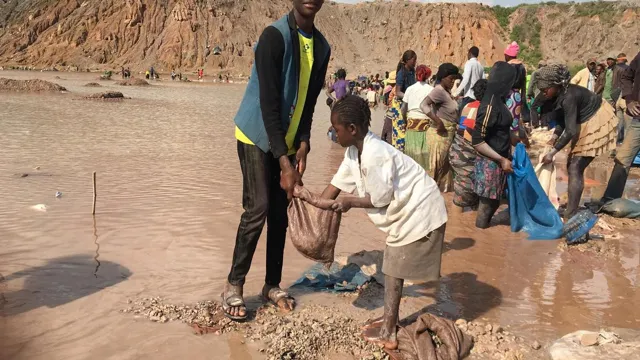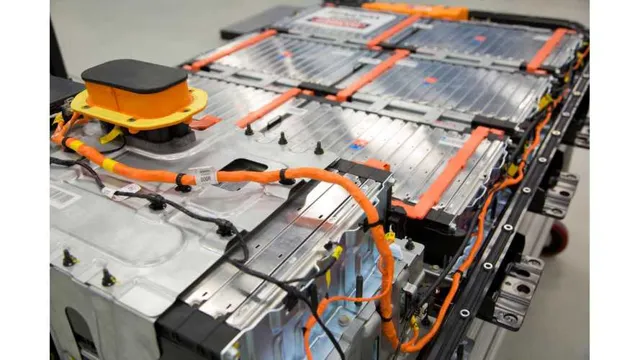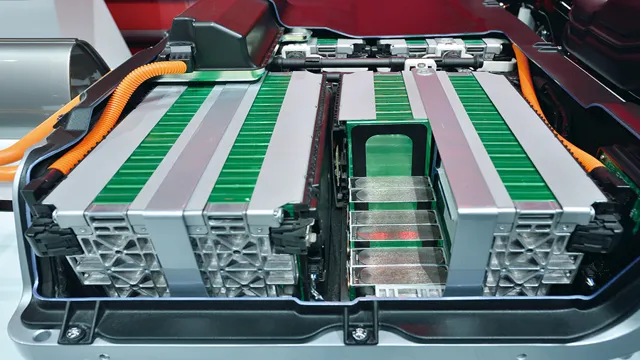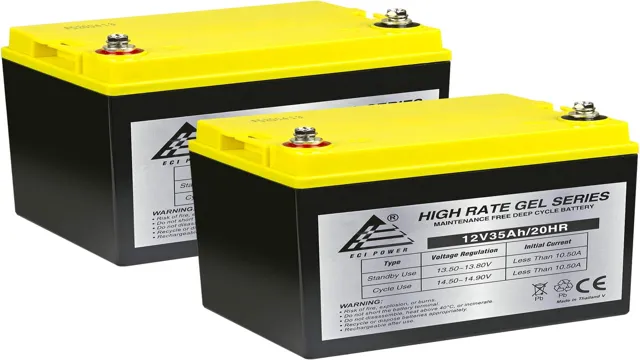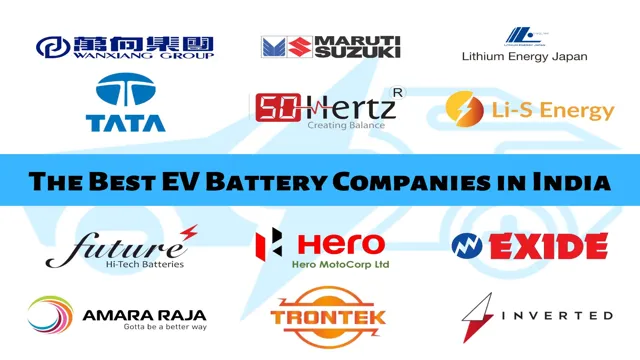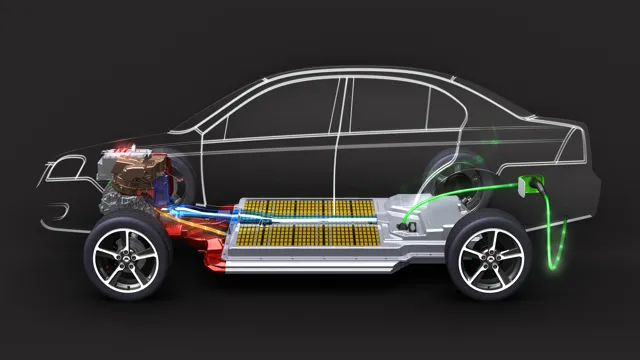The Shocking Truth of Child Mining for Electric Car Batteries: Uncovering the Dark Side of Our Green Future
Electric cars are rapidly gaining popularity as a more sustainable alternative to gas-powered vehicles. However, behind the promising green technology, there’s a disturbing reality: child labor in the production of electric car batteries. These essential components require minerals like cobalt and lithium, which are mainly sourced from countries where child labor is prolific.
As a result, the electric vehicle industry, which is supposed to champion ethical sourcing, is accused of exploiting child labor to meet the demand for sustainable energy solutions. The International Labor Organization (ILO) estimates that over 160 million children worldwide are involved in child labor, more than half of them engaged in hazardous work. Most of this labor is concentrated in developing countries, where children, desperate for employment, end up working long hours in dangerous conditions for meager pay.
Electric car batteries are not the only industry accused of using child labor, but the irony is that they are essential for human progress towards sustainability. Multiple organizations are stepping up to hold electric car manufacturers accountable and ensure ethical sourcing of battery components. These include Amnesty International, the Responsible Business Alliance, and European Partnership for Responsible Minerals, among others.
Their work is commendable, considering the pace at which electric car technology is growing globally. However, addressing the issue of child labor requires a multifaceted approach. Sustainable solutions, such as educating and empowering families in developing nations, could help reduce child labor.
Governments need to enforce labor laws better and penalize companies found violating child labor laws. The electric vehicle industry should also take responsibility by demanding more ethical and sustainable sourcing practices from their suppliers. In conclusion, child labor is a distressing reality behind the eco-friendly sheen of electric cars.
The EV industry must do more towards ethical and sustainable sourcing of battery components. The world cannot solve the problem of climate change by exploiting child labor. Instead, it needs to embrace human rights and sustainability holistically.
The Ugly Side of the Green Revolution
The green revolution has been a game-changer for the environment, but it has also revealed some troubling issues that need attention. One of these issues is child mining for electric car batteries, which is becoming more prevalent in countries like the Democratic Republic of Congo (DRC). Children as young as 7 are working long hours without proper protective equipment, risking exposure to harmful minerals like cobalt and copper.
These minerals are essential components of electric car batteries, and the demand for them has grown exponentially with the rise of electric vehicles. It is a sad truth that the battery technology used to promote environmental sustainability is being built on the backs of children, who are being exploited for the sake of profit. It is crucial that we take steps to ensure that our drive to protect the planet does not come at the expense of children’s rights and welfare.
Stats on Child Mining for Batteries
Child labor in the mining industry is a sad reality that cannot be ignored. While we have been celebrating the growth of the green industry, we have also been turning a blind eye to the atrocities that support it. This is especially true in the production of green batteries, which require minerals such as cobalt and lithium.
Sadly, these minerals are mined in countries such as the Democratic Republic of Congo (DRC), where children as young as 6 are being forced to work in dangerous and life-threatening conditions. These children work for long hours, carrying heavy loads, and are exposed to toxic chemicals that can cause serious health problems. As consumers, we must be conscious of the products we buy and the impact they have on people and the environment.
The green revolution must be truly green, and that includes fair labor practices and the protection of the basic human rights of those who contribute to it.
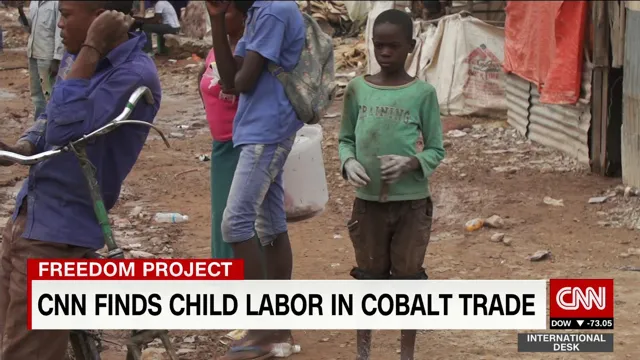
How Electric Car Batteries are Produced
Electric car batteries have become a popular choice for eco-conscious drivers, but the production process behind them doesn’t exactly scream “green.” It’s actually quite ugly. The extraction of raw materials like lithium and cobalt is incredibly damaging to the environment, often resulting in deforestation, water pollution, and the displacement of local communities.
Additionally, the manufacturing process is energy-intensive and emits a significant amount of greenhouse gases. But it’s not all bad news. Companies are starting to take notice of these issues and are working to address them by investing in sustainable mining practices and using renewable energy to power their factories.
While there’s certainly room for improvement, we can take solace in the fact that the green revolution is not without its struggles, but these battles are worth fighting for a healthier planet and a sustainable future for all.
The Human Cost of Green Energy
The growing demand for electric cars has led to an increase in the mining industry, specifically in the mining of materials like lithium, cobalt, and nickel needed for electric car batteries. Unfortunately, the mining industry responsible for these materials is often linked to child labor and exploitation, especially in countries like the Democratic Republic of Congo. Children as young as six years old work in dangerous conditions, often for long hours and for very little pay.
As consumers, it’s important for us to consider the human cost of green energy and ensure that the products we use are ethically sourced. It’s hard to ignore the fact that these children are suffering to make batteries that power our environmentally friendly cars. We need to call for accountability from companies that use these materials and push for responsible and sustainable sourcing.
While green energy is certainly an important step in reducing our carbon footprint and mitigating climate change, we can’t do it at the expense of the vulnerable children whose lives are being put at risk.
Children Forced into Dangerous Labor
The push for green energy has had unintended consequences, including the exploitation of child labor. Unfortunately, the desire for renewable energy has significantly increased the demand for lithium, which is a key component in batteries for electric cars and other green energy products. Tragically, many of the lithium mines and processing plants are located in impoverished countries where child labor laws are either nonexistent or not enforced.
Thus, many children are forced into dangerous and exploitative work in these mines. These children endure long hours in hazardous conditions and frequently suffer from respiratory illnesses, burns, and other injuries. We must take action to combat this exploitation and ensure that the human cost of green energy is not ignored or overlooked.
Impact on Local Communities
Green energy is often touted as a solution to global warming and climate change. But it’s important to remember that there can be a human cost involved in the transition to renewable energy. The installation of large-scale wind and solar farms can lead to the displacement of entire communities, as traditional land uses are transformed.
Many jobs also rely on non-renewable energy sources, and the shift towards green energy can result in unemployment and financial struggle for those workers. It’s a complex issue that requires careful consideration, and we must work to ensure that the transition to green energy is just and equitable for all involved.
The Role of Governments and Corporations
As the world becomes more focused on reducing carbon emissions, governments and corporations are turning to green energy as a solution. While this shift towards renewable energy sources is a step in the right direction, there are concerns about the human cost of this change. For example, the production of solar panels and wind turbines requires minerals such as cobalt and lithium that are often mined in developing countries by workers who receive low pay and work in unsafe conditions.
Additionally, the construction of renewable energy infrastructure can displace indigenous communities and harm local ecosystems. These issues highlight the importance of considering the social and environmental impacts of green energy initiatives. As governments and corporations continue to transition to renewable energy, they must aim to address these concerns and ensure that the shift towards a greener future is equitable for all.
Sustainable Alternatives to Child Labor
Child mining for electric car batteries is a serious issue that needs to be addressed. The use of child labor is not only unethical but also illegal in many countries. To address this issue, car manufacturers and battery producers are exploring alternative ways to source the raw materials needed for electric vehicle batteries.
Some are turning to recycling used batteries to recover valuable metals such as lithium and cobalt. Others are investing in sustainable mining practices that involve local communities and prioritize worker safety and fair wages. Additionally, efforts are being made to reduce the amount of raw materials needed in batteries by developing new technologies, such as solid-state batteries, which use less of these materials.
By supporting such sustainable alternatives, we can help create a future where child mining is no longer necessary.
Innovative Ways to Source Materials Responsibly
Child labor is a pressing issue that has been brought to light in recent years due to globalization and increased consumer awareness. Many companies are seeking responsible sourcing solutions that prioritize ethical and sustainable practices, including alternatives to child labor. One option is to partner with organizations that focus on empowering families and communities.
By investing in education, training, and vocational programs, these groups provide opportunities for individuals to develop their skills and earn a living wage. Additionally, companies can look to source materials from regions that have implemented strict anti-child labor laws and regulations. This not only ensures compliance but also supports industry growth in those areas.
Ultimately, sustainable alternatives to child labor promote human rights, support economic development, and contribute to the overall well-being of communities.
Demanding Ethical Practices from Manufacturers
As consumers, we have the power to demand ethical practices from manufacturers, especially when it comes to the use of child labor. It’s heartbreaking to think that in some parts of the world, children are forced to work long hours in dangerous conditions just to make ends meet. Luckily, there are sustainable alternatives to this practice.
One of these alternatives is to support companies that prioritize fair trade and ethical sourcing. Fair trade ensures that farmers and workers are paid fair wages, which helps to break the cycle of poverty that can lead to child labor. Ethical sourcing, on the other hand, means that the materials used to make the products were sourced in a sustainable and environmentally friendly way.
For example, some companies use recycled materials for their products to reduce their impact on the environment. By supporting companies that prioritize fair trade and ethical sourcing, we can help to create a more sustainable and equitable world. We can also send a message to other manufacturers that the use of child labor is not acceptable.
It can be tough to know which companies to support, but there are organizations out there like Fairtrade International that can help us make informed choices. Let’s use our power as consumers to make a positive change in the world.
What You Can Do to Support Ethical Battery Production
Child mining has become a serious issue in the production of electric car batteries. To tackle the problem, there are several things you can do to support ethical battery production. First, you can research the companies you are purchasing from and make sure they have high ethical standards for their supply chains.
Look for companies that are transparent about their sources and have policies in place to prevent child labor. Second, you can support organizations working to improve the conditions of mining communities. These organizations can help to reduce the demand for child labor by addressing issues such as poverty, education, and healthcare.
Lastly, you can reduce your overall consumption of batteries and electronics. By using products for longer periods of time and properly disposing of them, you can help to reduce the demand for new batteries and ensure that the ones we do use are produced in an ethical manner. With these steps, we can work towards a future where electric car batteries are produced ethically and sustainably.
Conclusion
In short, the idea of using child labor to mine for electric car batteries is not only unethical, but also detrimental to the progress we’re trying to make towards sustainable energy. We cannot justify the exploitation of innocent children just to power our cars, and we must instead focus on finding socially responsible and ethically sound solutions that prioritize human wellbeing and environmental stewardship. As the world continues to move towards a greener future, we must ensure that our actions align with our values and reflect a commitment to a better, more just world for all.
“
FAQs
What is child mining?
Child mining refers to the use of child labor in mining operations, which is illegal and unethical.
What are electric car batteries made of?
Electric car batteries are primarily made of lithium-ion, which requires minerals such as cobalt, nickel, and manganese for production.
How are children involved in mining for electric car batteries?
Children are often involved in mining for minerals used in the production of electric car batteries, particularly in countries such as the Democratic Republic of the Congo where child labor in mining is prevalent.
What is being done to address child labor in mining for electric car batteries?
Various initiatives have been launched to combat child labor in mining for electric car batteries, including the Responsible Minerals Initiative and the Electric Vehicle Industry Initiative. Companies are also being pressured to ensure their supply chains are free of child labor and to source ethically produced minerals.
